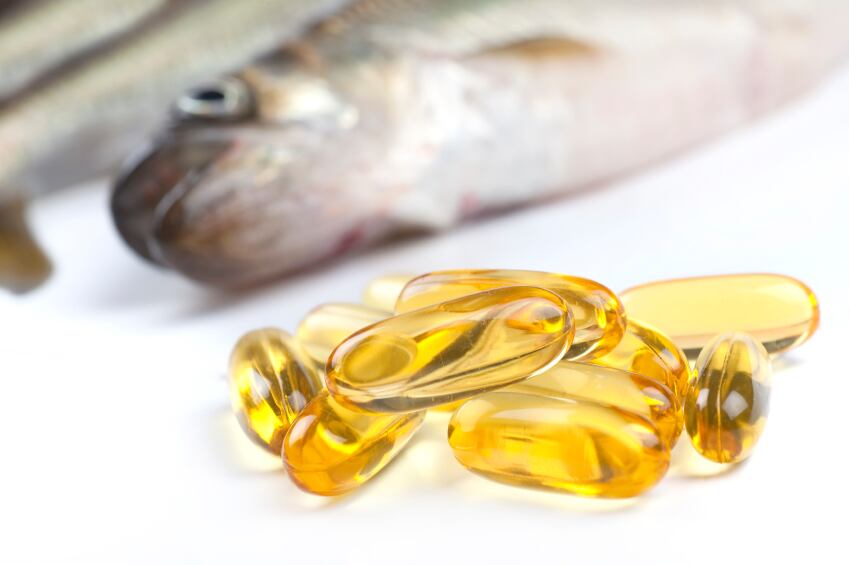The decision follows on from the EMA human medicines committee’s (CHMP) conclusions in Dec 2018 that effectively reverses this approach adopted by several EU countries in 2000.
However, a re-examination at the request of companies that market these products finds a blend of eicosapentaenoic (EPA) and docosahexaenoic acid (DHA) at 1 gram (g) per day does not help prevent further problems with the heart and blood vessels in these patients.
While requests from marketing authorisation holders remain anonymous companies in this space include Pfizer, Mylan, Teva and BASF owned Pronova BioPharma which make available its products in countries including the UK, Spain, France, Croatia, Germany and the Netherlands.
“The CHMP has re-examined its original opinion and adopted its final opinion, which will be forwarded to the European Commission,” the EMA stated.
“The European Commission will issue a final legally binding decision applicable in all EU Member States.”
GISSI Prevenzione study
The original recommendation is based on a review started on 22 March 2018 at the request of the Swedish medicines agency that gathered all available data on the efficacy of omega-3 fatty acid medicines in this indication.
It looked at results of the open-label ‘GISSI Prevenzione’ study performed in 1999 which supported the initial authorisation of these medicines.
The review also gathered more recent randomised controlled clinical trials, retrospective cohort studies and meta-analyses in its investigation.
It concluded that, while a small relative risk reduction was seen in the original open label GISSI Prevenzione study, the beneficial effects were not confirmed in more recent randomised controlled trials.
Findings from the review do not affect the authorisation of omega-3 fatty acid medicines for the treatment of high levels of triglycerides in the blood or hypertriglyceridaemia.
The need to carry out any review was puzzling for Harry Rice, vice president of regulatory and scientific affairs at the Global Organization for EPA and DHA Omega-3s (GOED).
He noted that the CHMP review was stimulated by a meta-analysis at the beginning of 2018 in JAMA Cardiology, which itself was under-powered.
"It's hard to imagine how the Agency came to its conclusion, given the recent positive results from large clinical trials," Rice said back in December last year.
"Unfortunately, the EMA hasn't posted its full review, so it's difficult to know."


